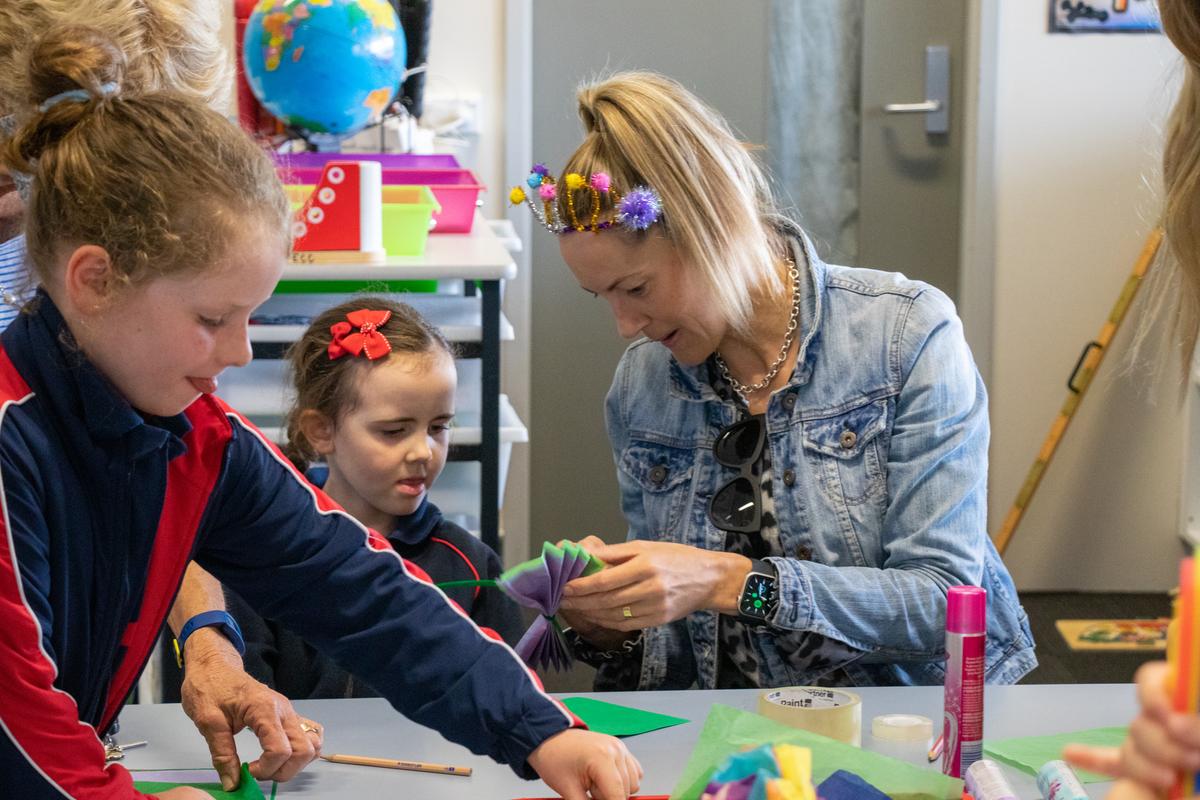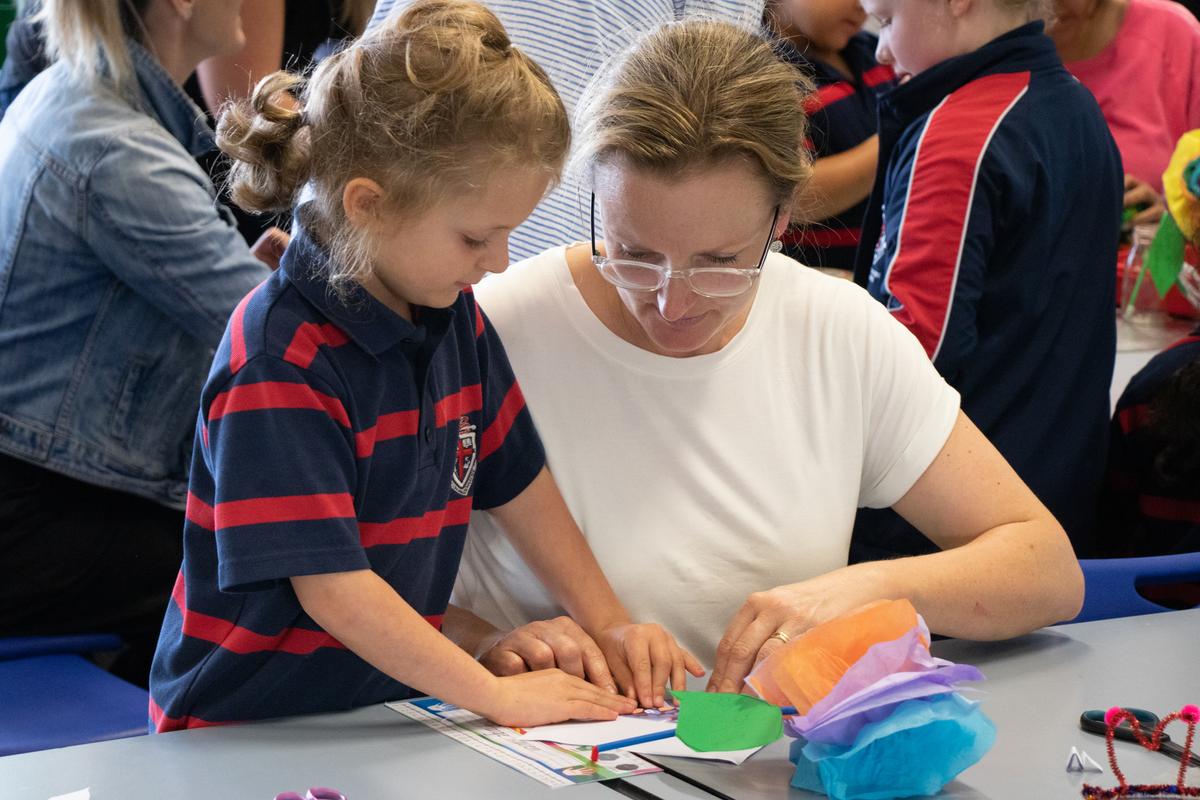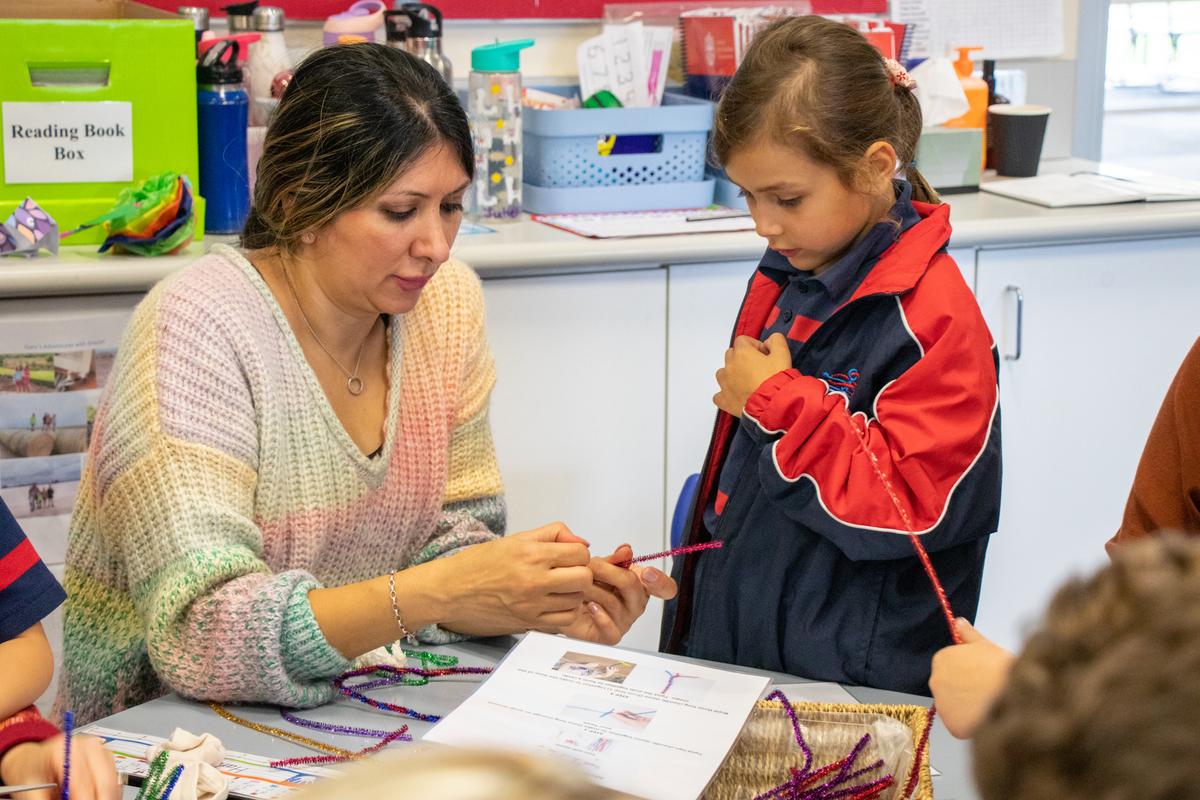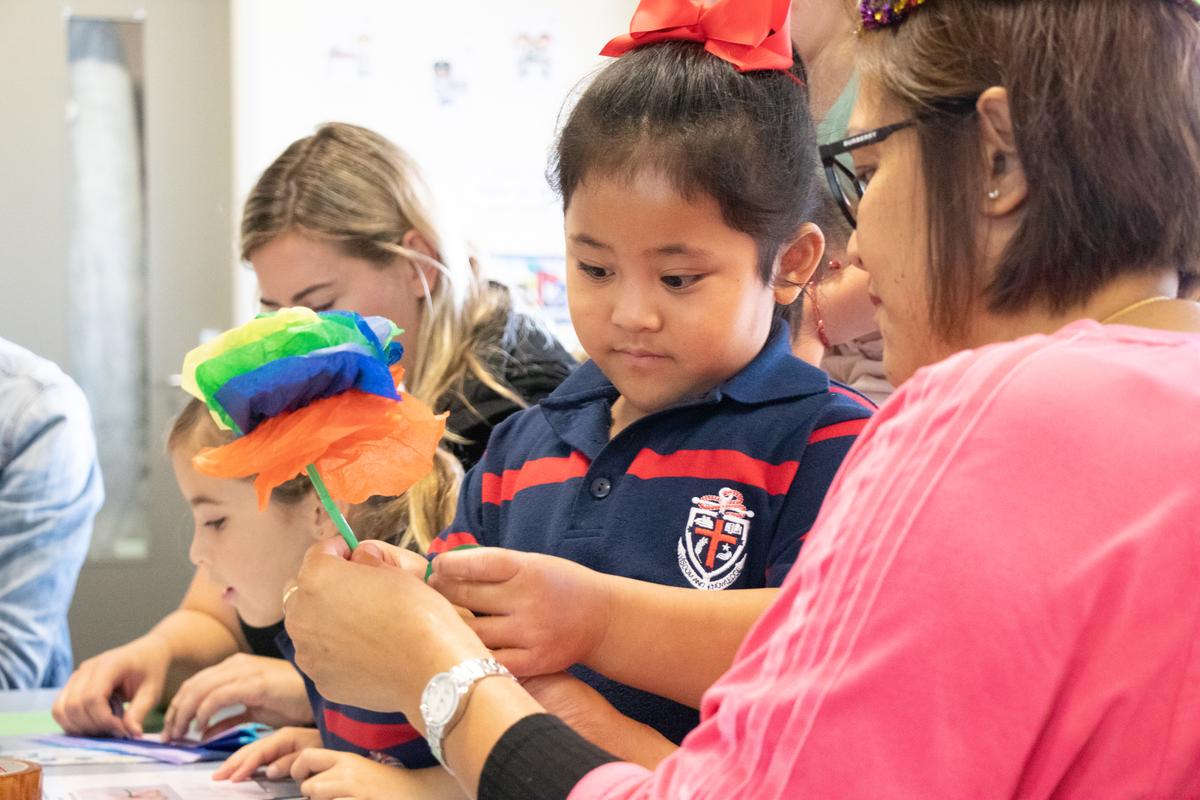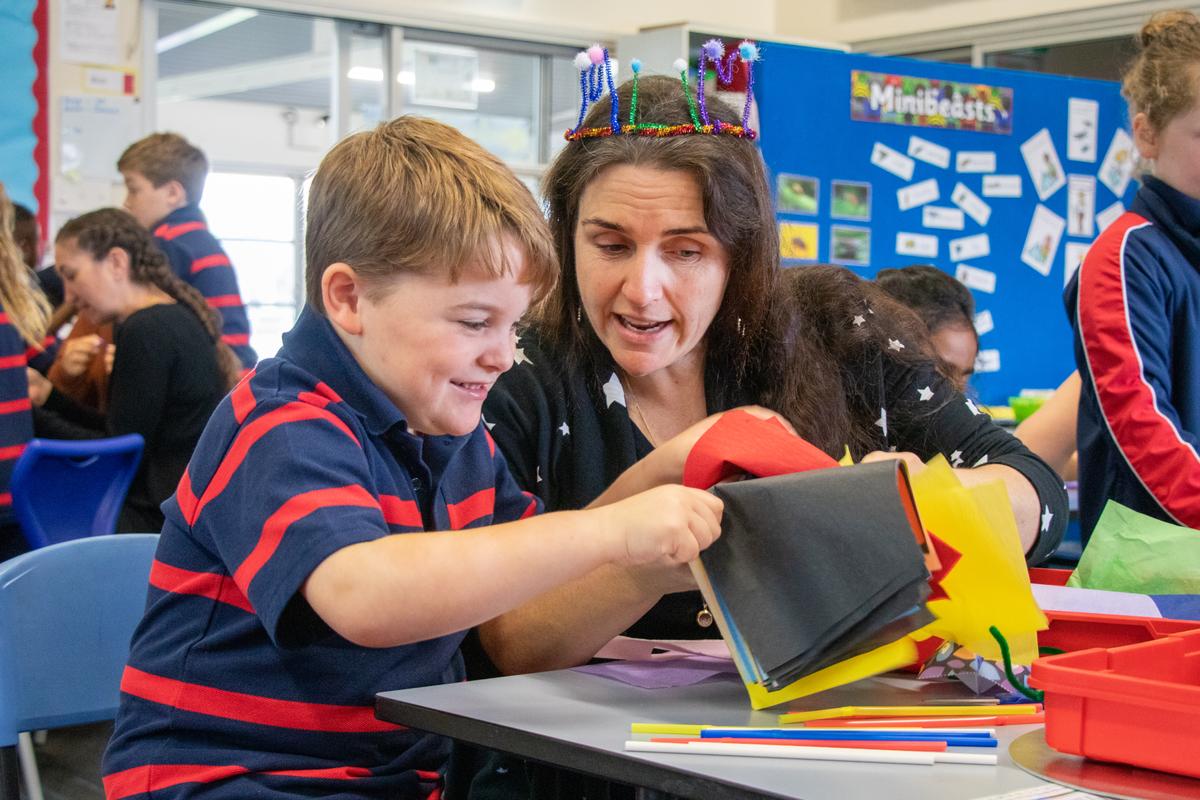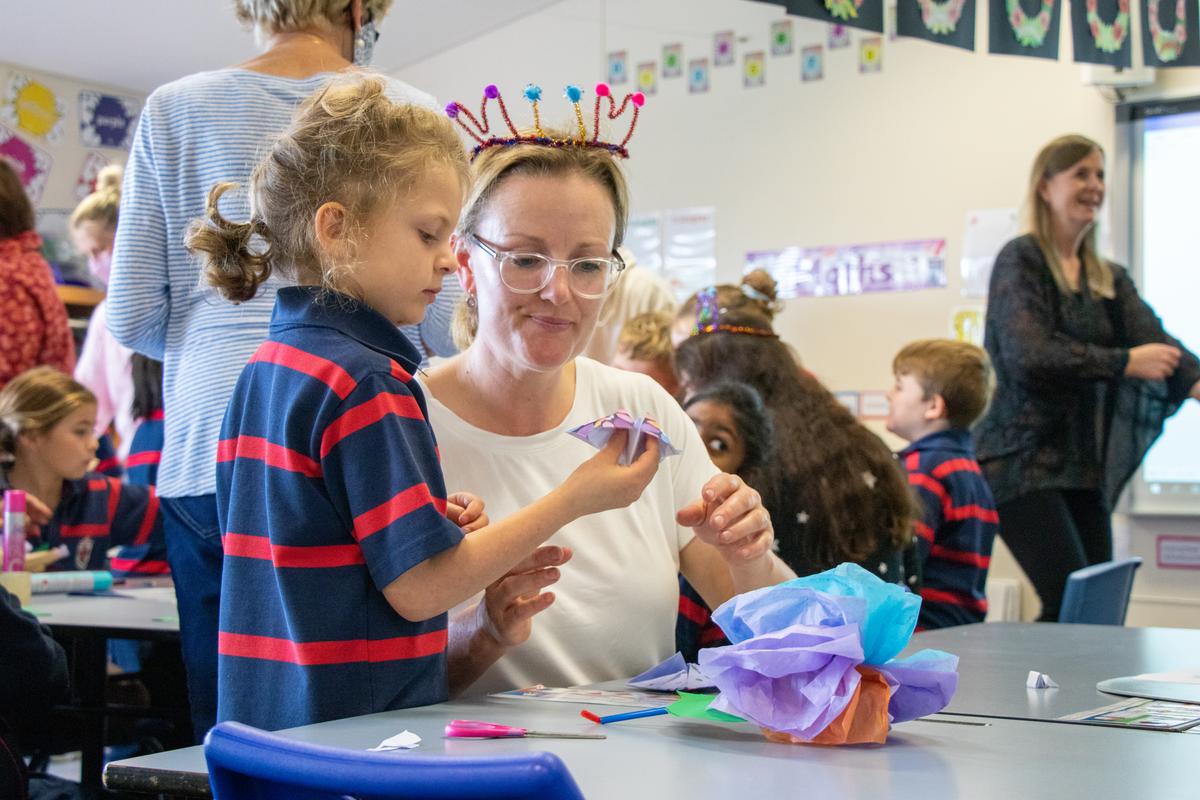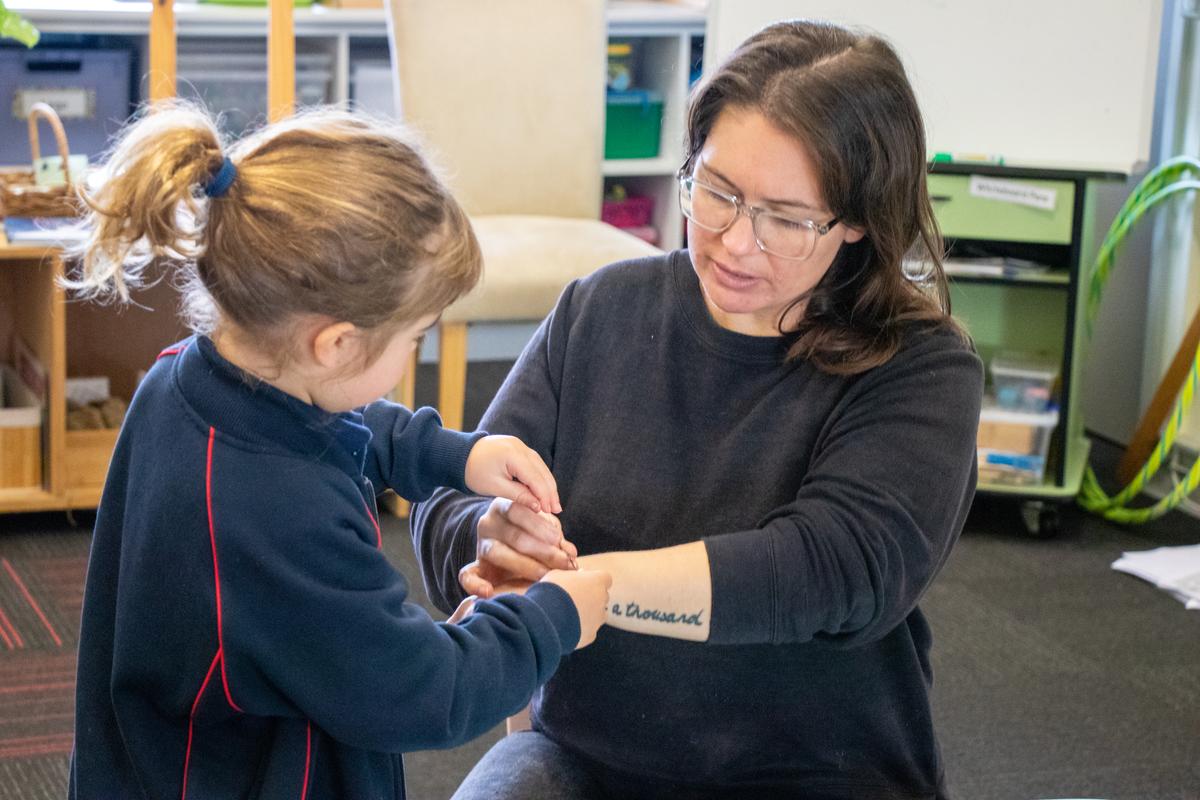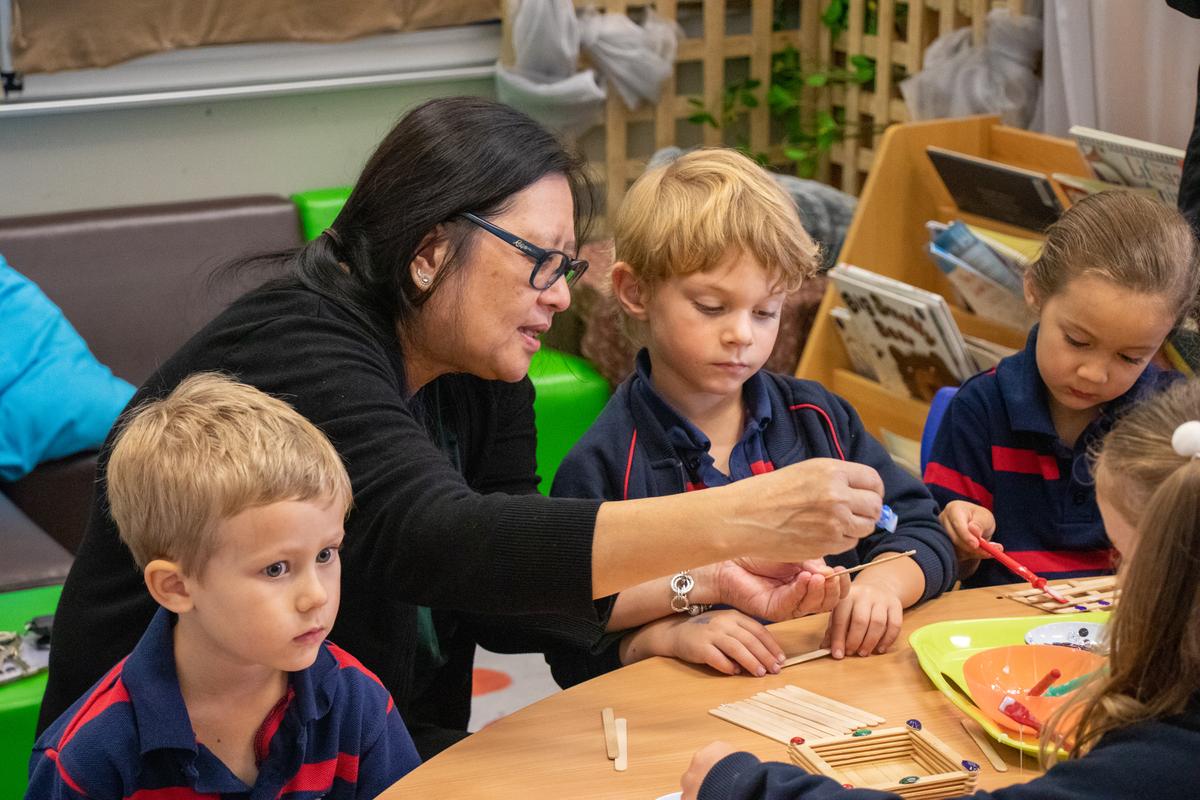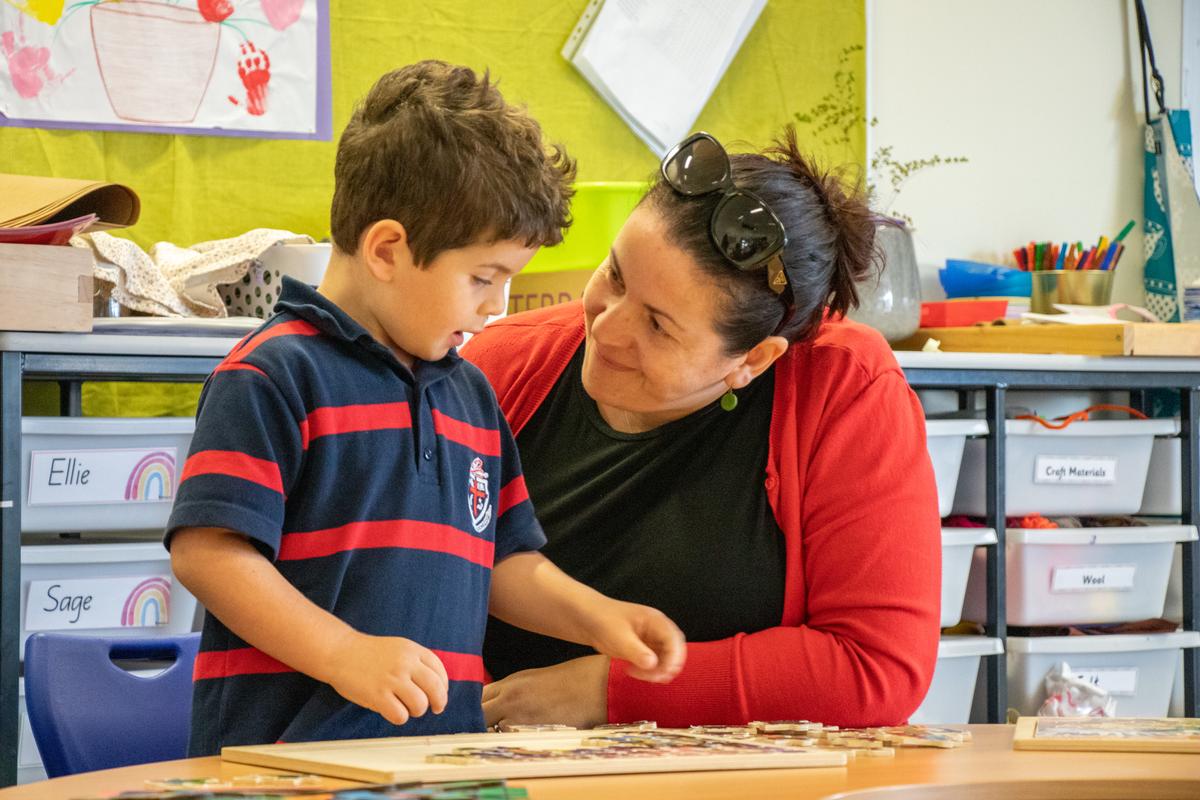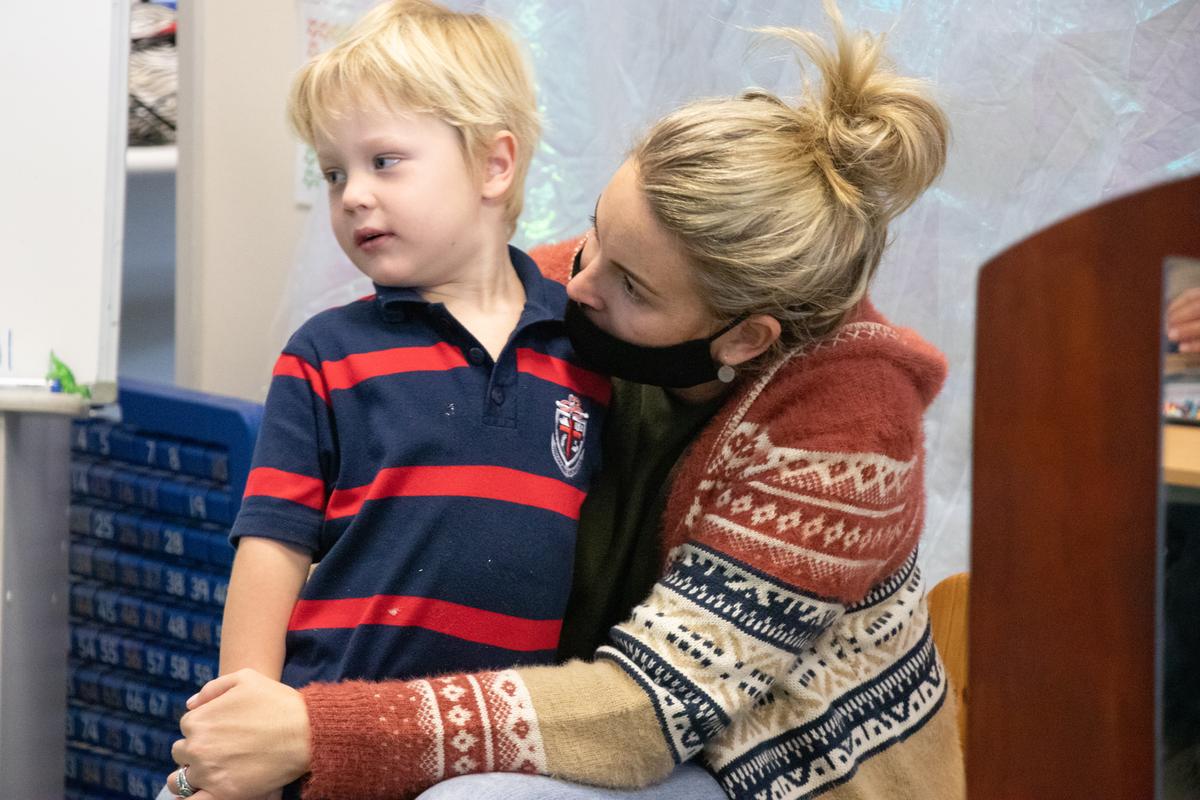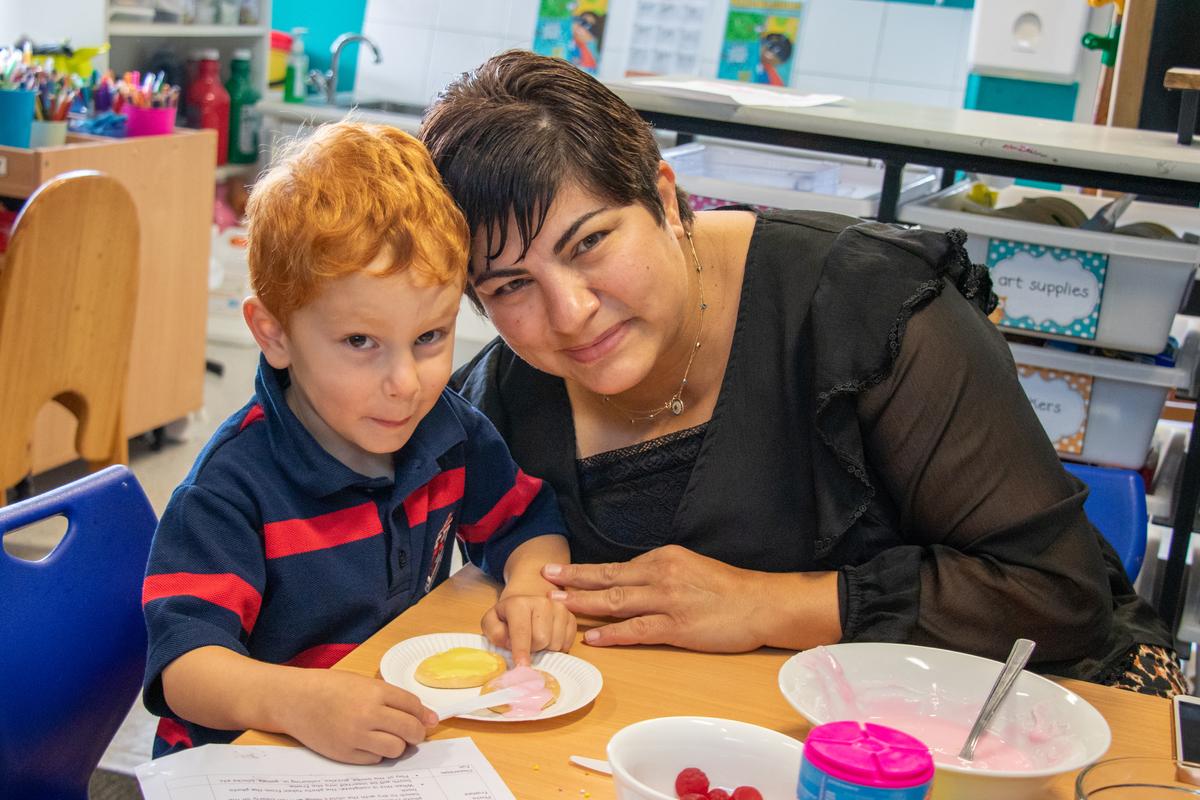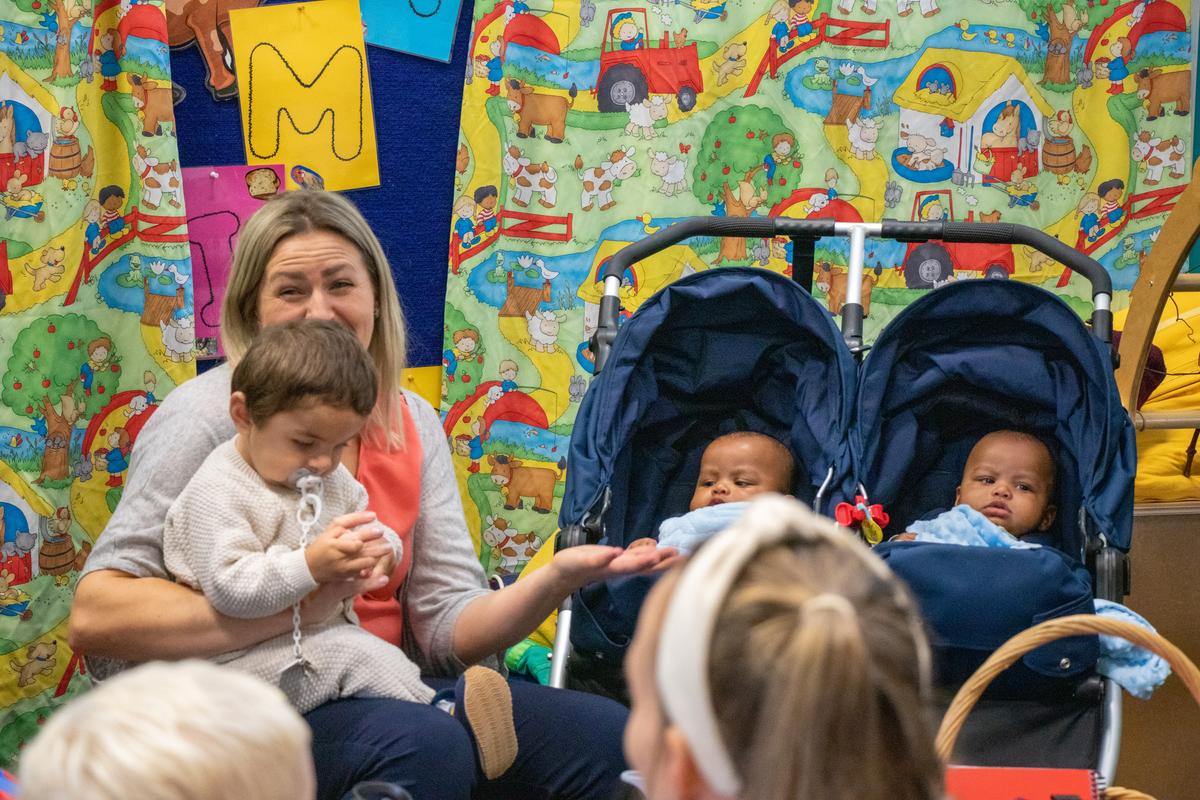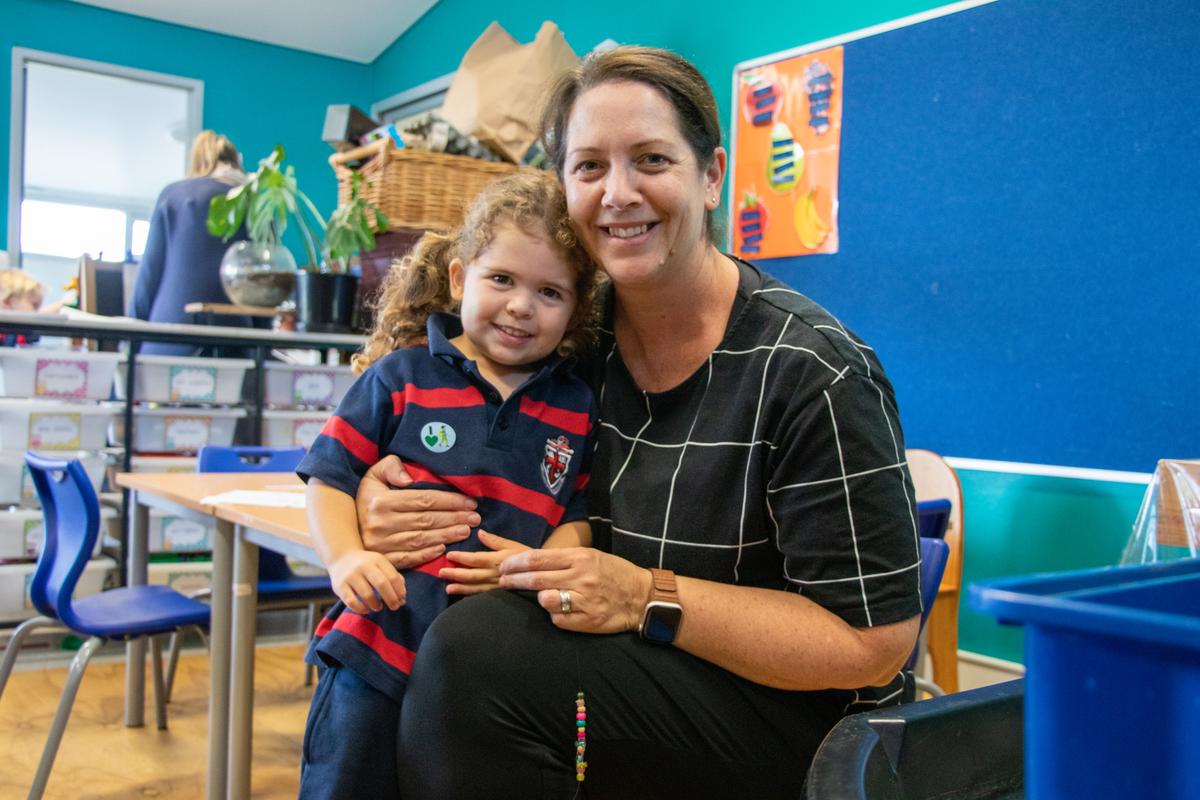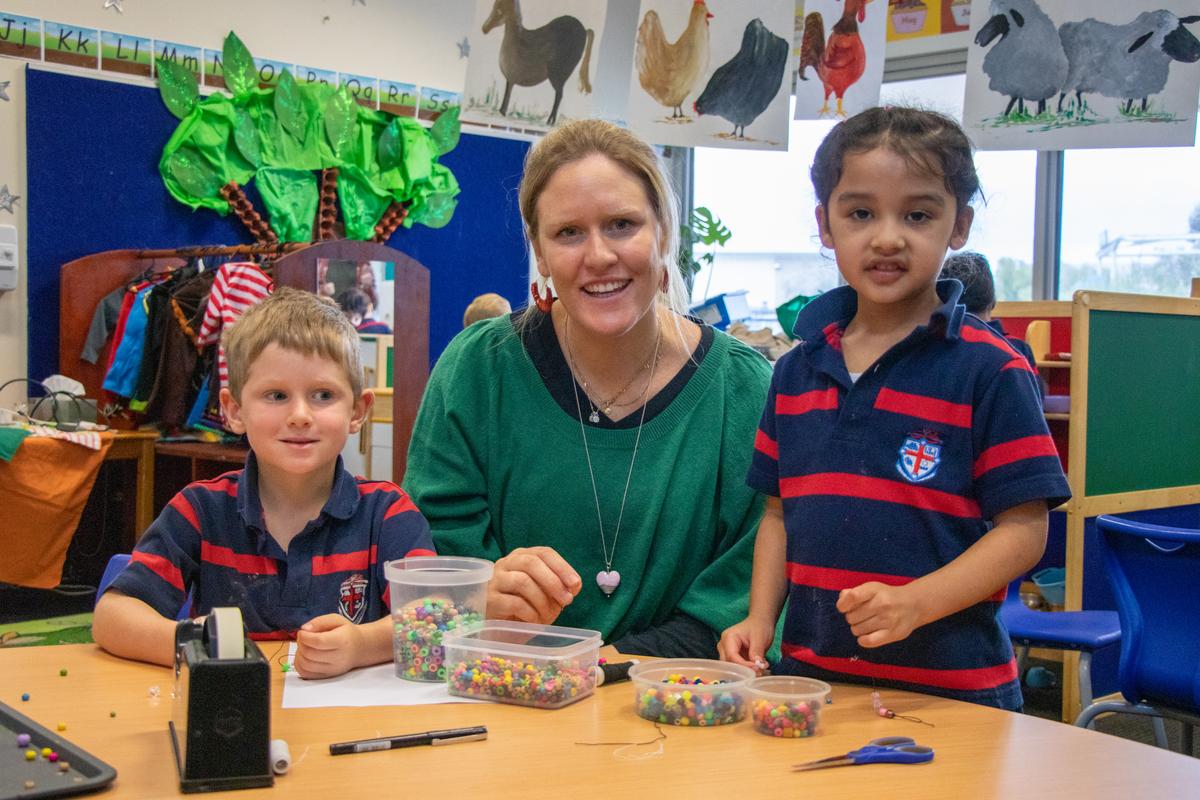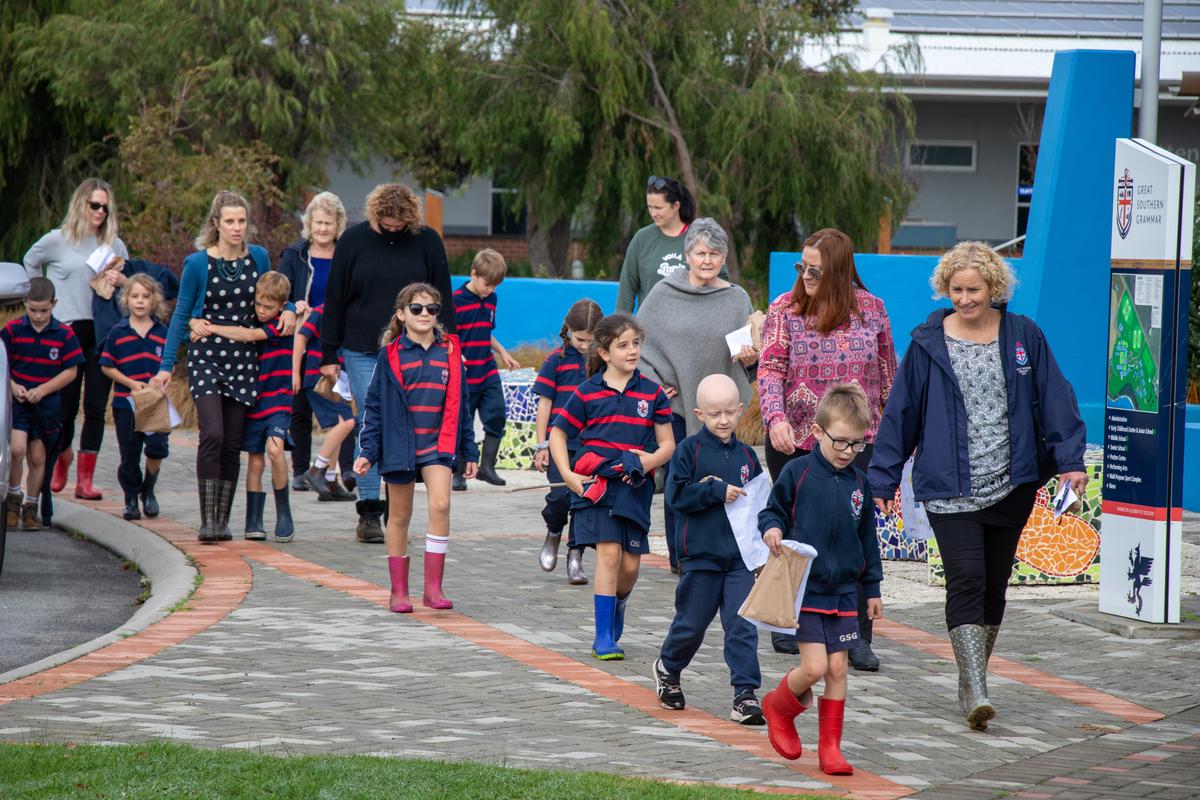Junior School
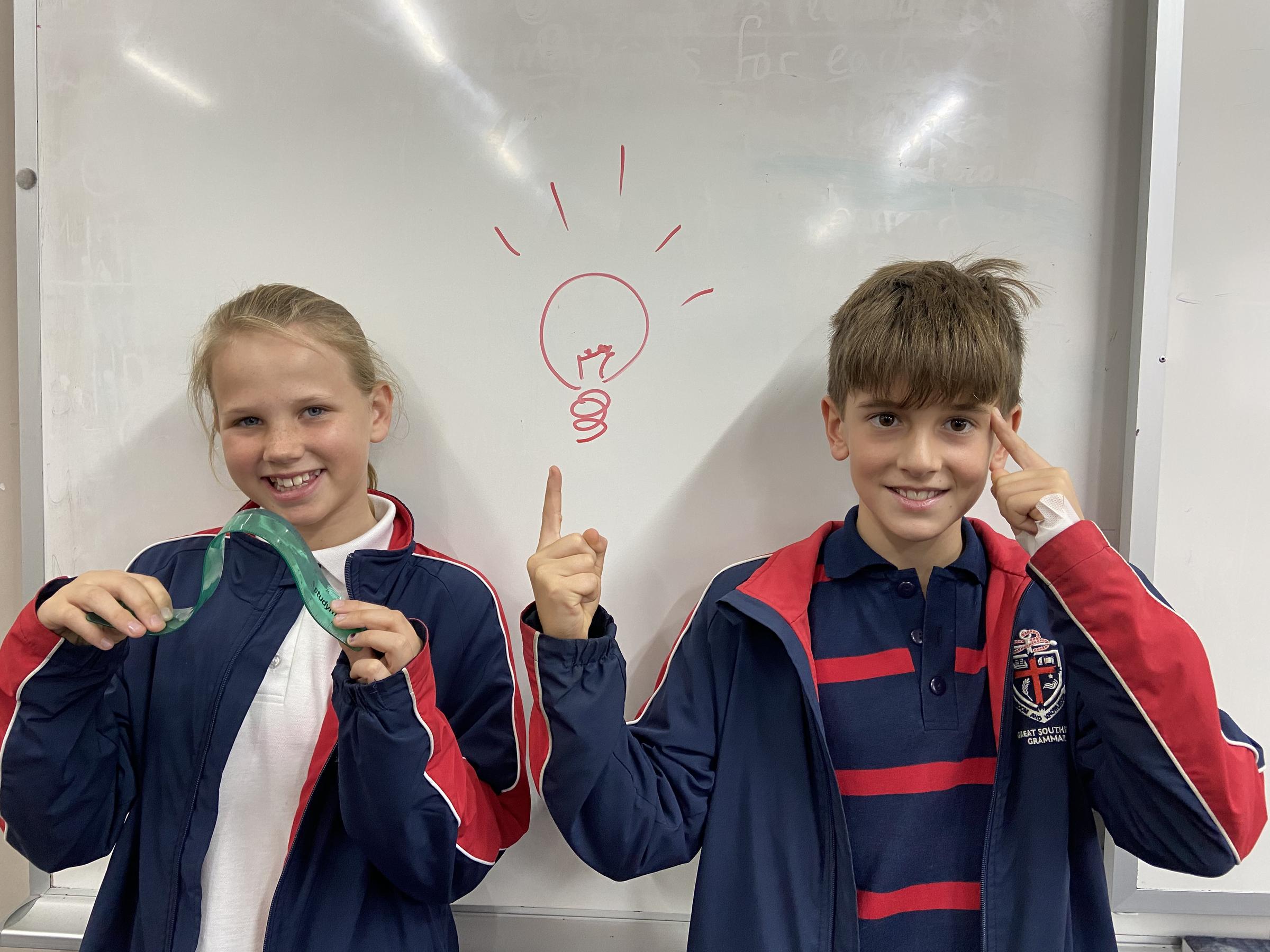
From the Head of Junior School
- Economical clean energy
- Navigating digital work environments
- Sustainable food supply chains
- Social equality and inclusivity
- Personal health and wellbeing
- Climate change
- Technological innovation
These big topics, among others, are in our media today and likely to be so for the foreseeable future. Whether you are sceptical around these particular issues or agree with their existence, it is reasonable to assume that our children will be navigating their way through complex issues in some form throughout their lives, as we as adults do ourselves.
We feel the learner attribute of ‘Flexible Thinking’ helps to develop cognitive skills to approach complex issues.
‘Flexible Thinking’ is the learner attribute that Mr Osborne's Year Sixes profiled at assembly this week and encouraged our students to explore further in the week ahead. We have defined flexible thinking as: “the ability to use critical and creative thinking to approach problem-solving” .
Naturally, flexible thinking will look different in a Kindergarten classroom to a Year Six classroom but the common elements could include:
Using an alternative material to do the same task if something is unavailable,
e.g. I can’t find a ruler but need to rule a straight line, perhaps another object can do the task like the edge of a book.
Making adjustments to be inclusive or finish a project with new parameters (like time or resources),
e.g. including a new person into a group might require adjusting the task list or altering aspects of the project so the team can still complete on-time.
Redesigning something that isn’t working well,
e.g. the reading corner worked fine when there were only ten students accessing it at once, but now there are 20 students and it’s too crowded. Possible solutions could involve creating a larger reading corner, creating multiple smaller reading corners or scheduling reading for students at different times.
These flexible thinking habits encourage students to think critically by analysing ‘what is the actual issue we are trying to solve and for whom?’, then creatively asking themselves ‘what else could be considered that still achieves our desired outcome, or could we consider something completely different that helps us solve this issue?’.
Flexible thinking routines build cognitive ‘muscle’ that perhaps some day just might see one of our students designing an economical clean energy option, or leading the development of an inclusive policy formation in their workplace. I have every confidence that our students are capable of such things, because we are encouraging them to be flexible thinkers.
From Year 6O
Mason and Lauren “My definition of flexible thinking is when you are in a sticky situation you are able to find creative solutions to help you."
Kate says, ‘We use flexible thinking when the teacher is busy with another student and we consider other ways to get the information we need like asking a friend, using resources in the classroom or searching on our laptops to see what needs doing.”
Thomas said, “It also happens when I have an idea, but it’s already being used or it isn’t original, and then I have to think of a better idea which I can share with the class”.
Indi thought about this aspect, “If I forget my computer or my class novel, I usually work with someone else who has a laptop/book to get my work done, or I just use paper, that way I can keep going with an activity”.
ECC Mothers' Day Morning
Students in the Early Childhood Centre loved playing ‘host’ to their mums on Thursday 6 May, sharing their learning in the classroom then enjoying morning tea together in honour of Mothers' Day this weekend. For children, family is a key element of their life, arguably the most important element of their life. Mothers' Day mornings provide an opportunity for all of us to recognise the special place mothers, and mother figures play in our lives, and children dearly love to share how much they mean to them. My sincere thanks to the mothers, and mother figures for our Early Childhood Centre students; your support in every aspect of their development at school and at home is treasured by all. Congratulations to the students, Educational Assistants and Teachers of the ECC, you organised a wonderful morning for everyone to enjoy, thank you.
With warm regards,
Mr Ken Raven | Head of Junior School
Friday 7 May
- Junior School Mothers Day Stall, open to students from Pre-Primary to Year Six, gifts priced at $5

